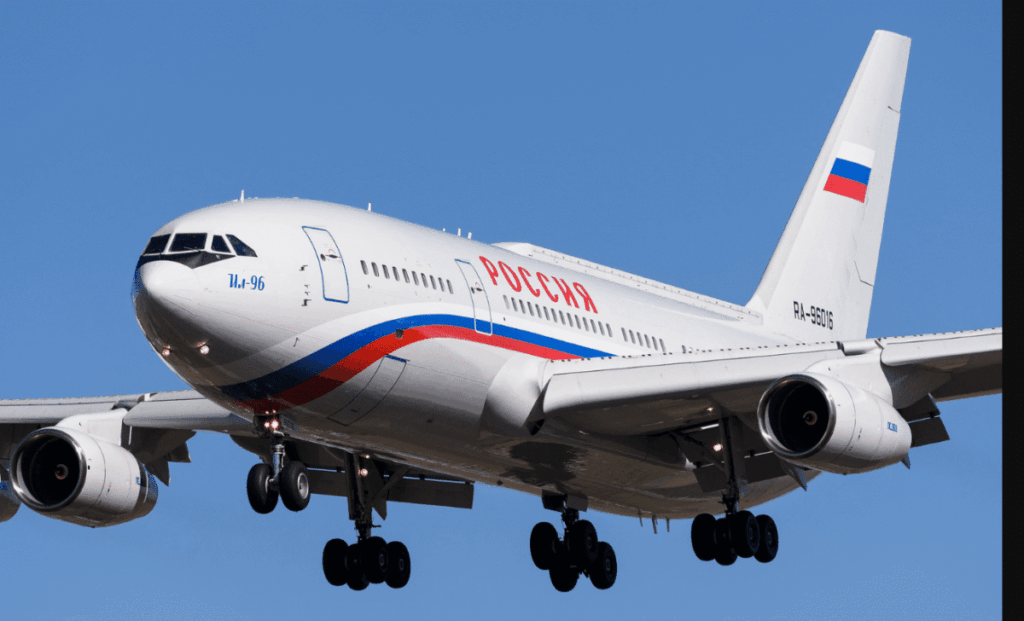
Introduction
The political landscape in Russia in 2023 is marked by significant developments both domestically and internationally. Understanding the current dynamics is crucial not only for those interested in Russian affairs but also for global stakeholders, particularly in the context of ongoing geopolitical tensions, economic sanctions, and a changing society.
Recent Developments
As of late 2023, the Russian government, led by President Vladimir Putin, continues to face a multitude of challenges. Increased sanctions imposed by Western nations following Russia’s invasion of Ukraine in 2022 have heavily impacted the Russian economy. The International Monetary Fund (IMF) reported a contraction of the economy that, while stabilizing, still reflects underlying vulnerabilities.
The internal political scene has also been turbulent. Opposition voices continue to be suppressed, with prominent figures jailed or exiled, stifling democratic processes. Social media platforms have seen a rise in government censorship to control the narrative around the Ukraine conflict and domestic discontent. A recent survey by the Levada Center indicates that public support for the government is declining, despite attempts to portray a united front.
Geopolitical Implications
Globally, Russia’s isolation is becoming increasingly pronounced. The country has reached out to nations like China and India for economic support and diplomatic relations amidst the backdrop of Western sanctions. The BRICS alliance, which now includes new members from Africa and the Middle East, symbolizes a shift in global power dynamics that Russia is keen to leverage.
Moreover, ongoing military operations in Ukraine continue to strain Russia’s international relations, with NATO countries ramping up military aid to Ukraine, exacerbating tensions. Recent military exercises involving NATO and the rhetoric surrounding them have heightened fears of conflict spilling beyond Ukraine’s borders.
Conclusion
The state of Russian politics in 2023 is defined by a complex interplay of internal strife, economic difficulties, and aggressive foreign policy. As the international community watches closely, the implications of Russia’s current trajectory will be significant not only for its citizens but also for global peace and stability. Moving forward, engagement with Russia, whether diplomatic or economic, will require careful negotiation and an understanding of the regional dynamics at play. For insights into future developments, staying informed about Russia’s political shifts will be essential for policymakers and analysts alike.



